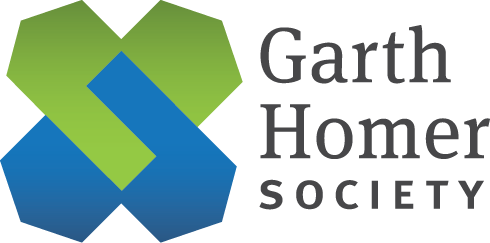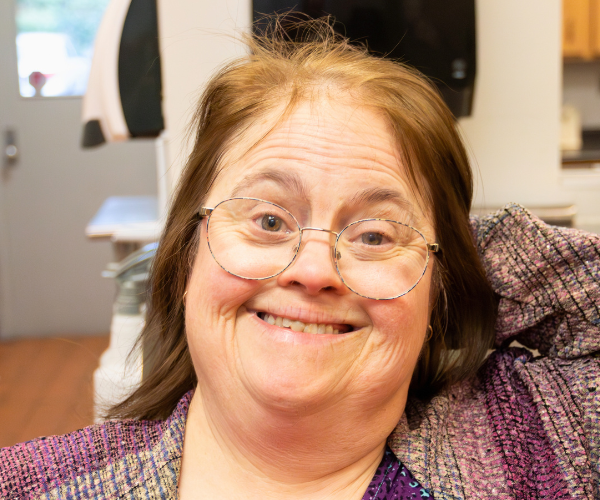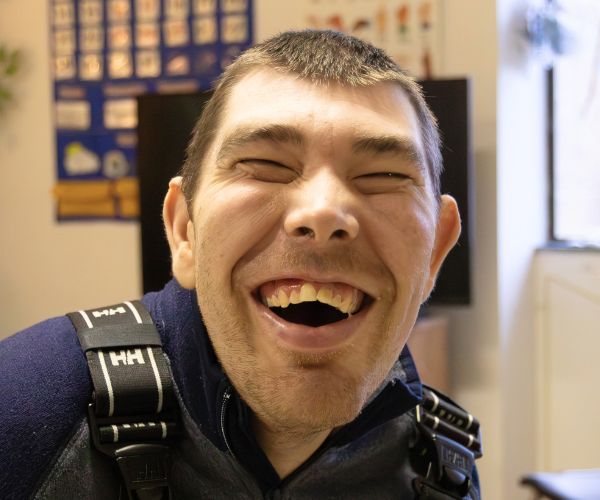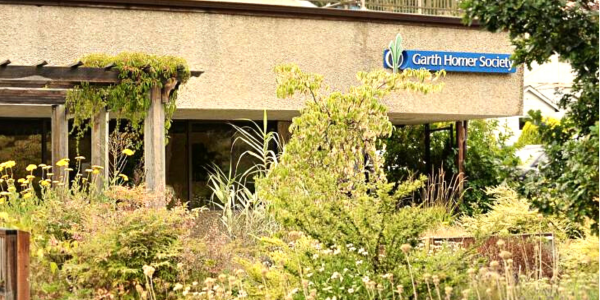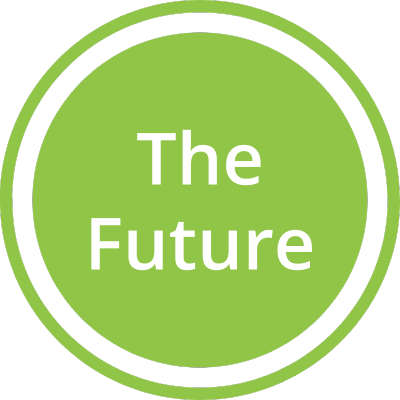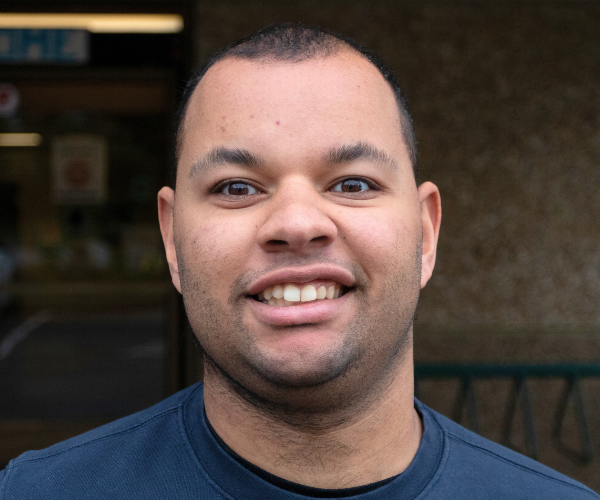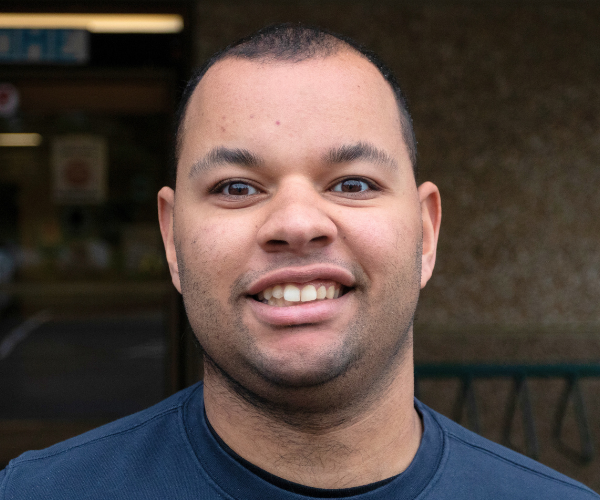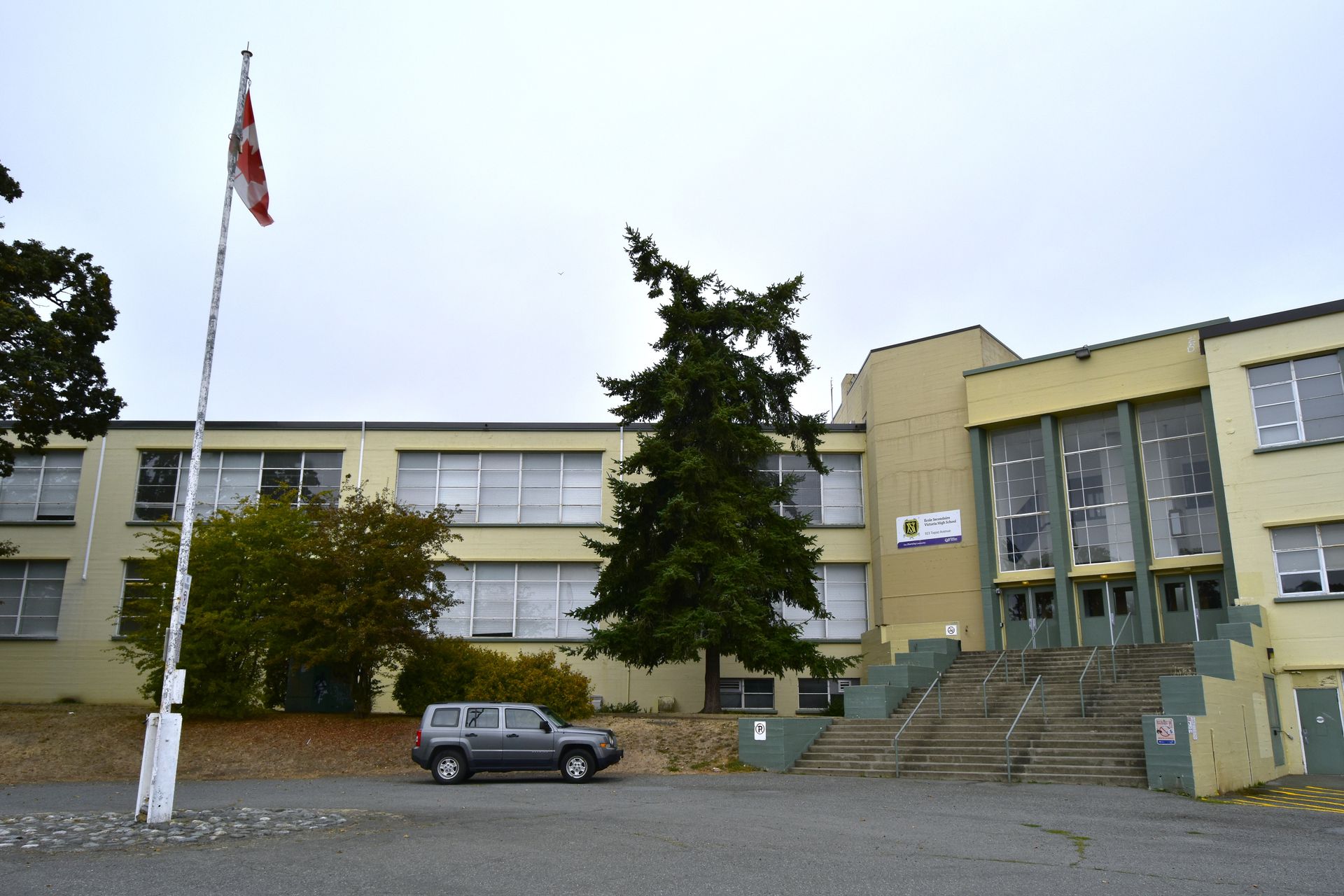The Garth Homer Foundation
The Garth Homer Foundation provides funds to the Society to support people with developmental and other disabilities to make a life, a home, and a place in the world.
Latest News
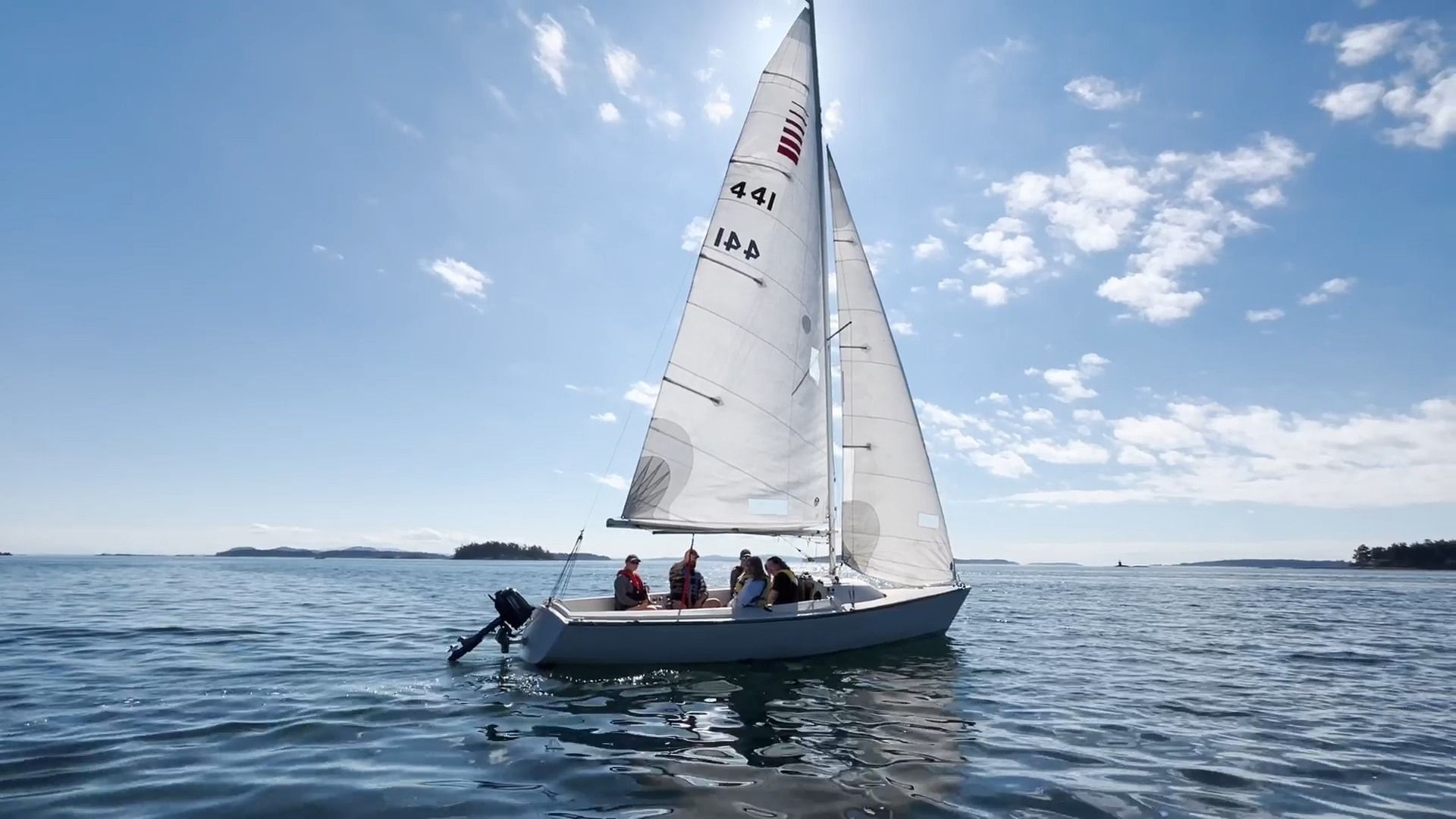
Seeing the pure excitement and joy that sailing brings to people of all abilities is what floats Brooke Jangula’s boat. As the sailing school manager for the Sidney North Saanich Yacht Club she’s on a mission to make sure sailing is accessible to the disability community. “Anyone can go sailing but it often goes unnoticed in the disabled community,” she notes. “Wheelchair basketball, and hockey are sports that are recognized as being accessible but sailing goes under the radar as a viable choice for people with varied abilities and needs.” Garth Homer Society’s Crystal Mackenzie agrees. The coordinator of this new program for the Discovery team says her goal is to find activities that in her words, “ Help clients live their best life. We look for outings that work on their skills and abilities, teach them new things and build excitement so that they want to come to the program every day.” The chance to sail was an opportunity that couldn’t be passed up plus it came with a ringing endorsement from a longtime Discovery participant. “It was actually a client who’d been out on the water pre-COVID who remembered the experience, and loved it so much, that further prompted me to reach out to Able Sail Victoria to see what could be arranged.” The group provides accessible sailing opportunities for children and adults living with disabilities in Victoria through “experience sails”. Sailors can take in the scenery, watch for wildlife and enjoy time on the water, while specially trained staff control the sailboat. They are welcome to learn about sailing or just enjoy the ride. “We had eleven clients sign-up and ran two one-hour sails,” explains Mackenzie who said a few caregivers also participated, in part to ensure sailors with anxiety around new people were comforted by a familiar face alongside them in the sailboat; a Sonar that is bigger than other models, more stable and the perfect vessel for learning. Jangula, a sailing instructor with extra training geared to teaching disabled sailors rode alongside in a Zodiac safety boat. “We now have four instructors at the club who have completed Sail Canada’s “ Coaching Athletes with a Disability ” training which is a requirement for working with Able Sail sailors,” she explains. Considerations Jangula and her colleagues are mindful of include ensuring there are cushions onboard for those who might be susceptible to pressure sores, being aware of medication schedules especially during a long sail and even voice modulation to accommodate those who are hard of hearing or others who are startled by loud noises. “We can make all kinds of accommodations and are looking at installing a lift on our dock in the future for sailors in wheelchairs,” says Jangula. “Our goal is to get as many people on the water as possible and to spread awareness about the joys and sensations of sailing. I love sparking a light in a new sailor and the excitement that comes from feeling the wind in your hair, the sun on your face and the smell of the ocean.” For Mackenzie simply seeing the excitement on the faces of the Discovery sailors following their excursion made all the planning and coordination necessary to successfully pull off an activity that hadn’t been tried for years worth it. “Everybody loved it. They talked about it for weeks and weeks after, so it was a hit for sure. They want to do it again.”
